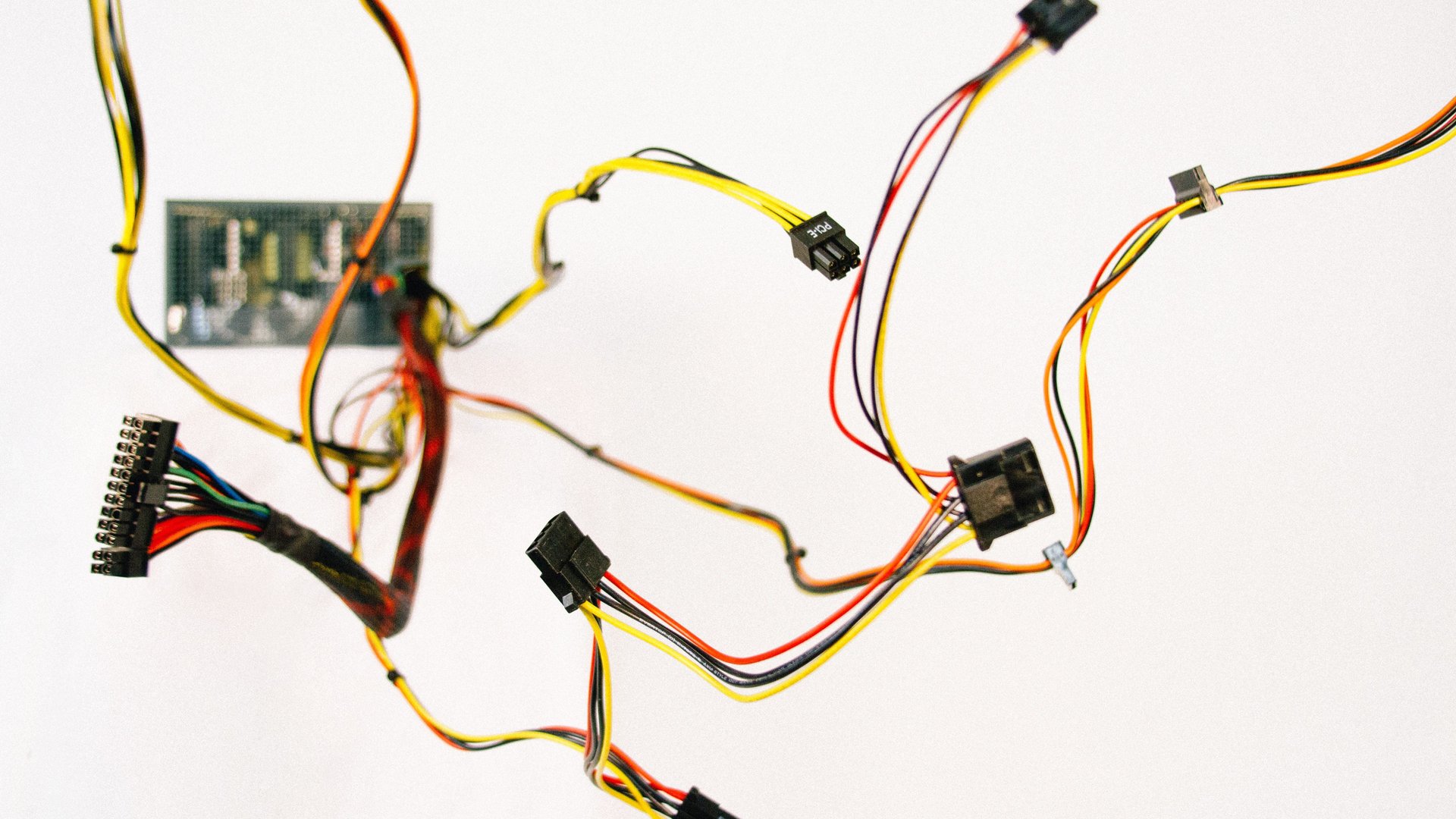The Internet of Things could be the light at the end of the tunnel for Indian IT
India’s $150 billion information technology (IT) industry is in a state of turmoil, but there is one bright spot: the Internet of Things (IoT).


India’s $150 billion information technology (IT) industry is in a state of turmoil, but there is one bright spot: the Internet of Things (IoT).
Employees at the country’s billion-dollar behemoths are quickly re-skilling themselves to work with the new-age technology needed to add sensors to machines so that they can be monitored and controlled over the internet. As a result, India’s technology firms are doing IoT-related business worth $1.52 billion, accounting for 44% of the $3.5 billion global IoT technology services outsourcing market in 2017, according to a report by Bengaluru-based research, consulting, and advisory firm Zinnov, released on Aug. 07. The largest share—43%—of India’s IoT-services activity is dedicated to product engineering.
India-based legacy companies like Tata Consultancy Services (TCS), HCL, Wipro, Infosys, and Tech Mahindra are listed among the “established” and “expansive” market leaders in the IoT space. And other local companies, like L&T Technologies, TATA Elxsi, Persistent Systems, L&T Infotech, and Happiest Minds, have moved significantly over the past year in rankings among Indian providers, Sidhant Rastogi, partner at Zinnov, told the Business Standard newspaper.
All of these players are set to gain as the global IoT technology products and services spend is expected to climb up significantly from around $140 billion in 2017 to $322 billion by 2022.
But while IoT technology is expected to create 25,000 jobs by 2021, far more jobs—94,000 of them—will be eliminated at the same time, Zinnov estimated last year, compounding the problem of layoffs related to automation. That means that going forward, Indian companies will not only need to diversify in the kind of technology services they offer, but also look beyond the IT industry for work. For instance, Tech Mahindra’s chief executive, C P Gurnani, noted the need for his company to build offerings in healthcare, manufacturing, retail and managed services, and other such areas as well.